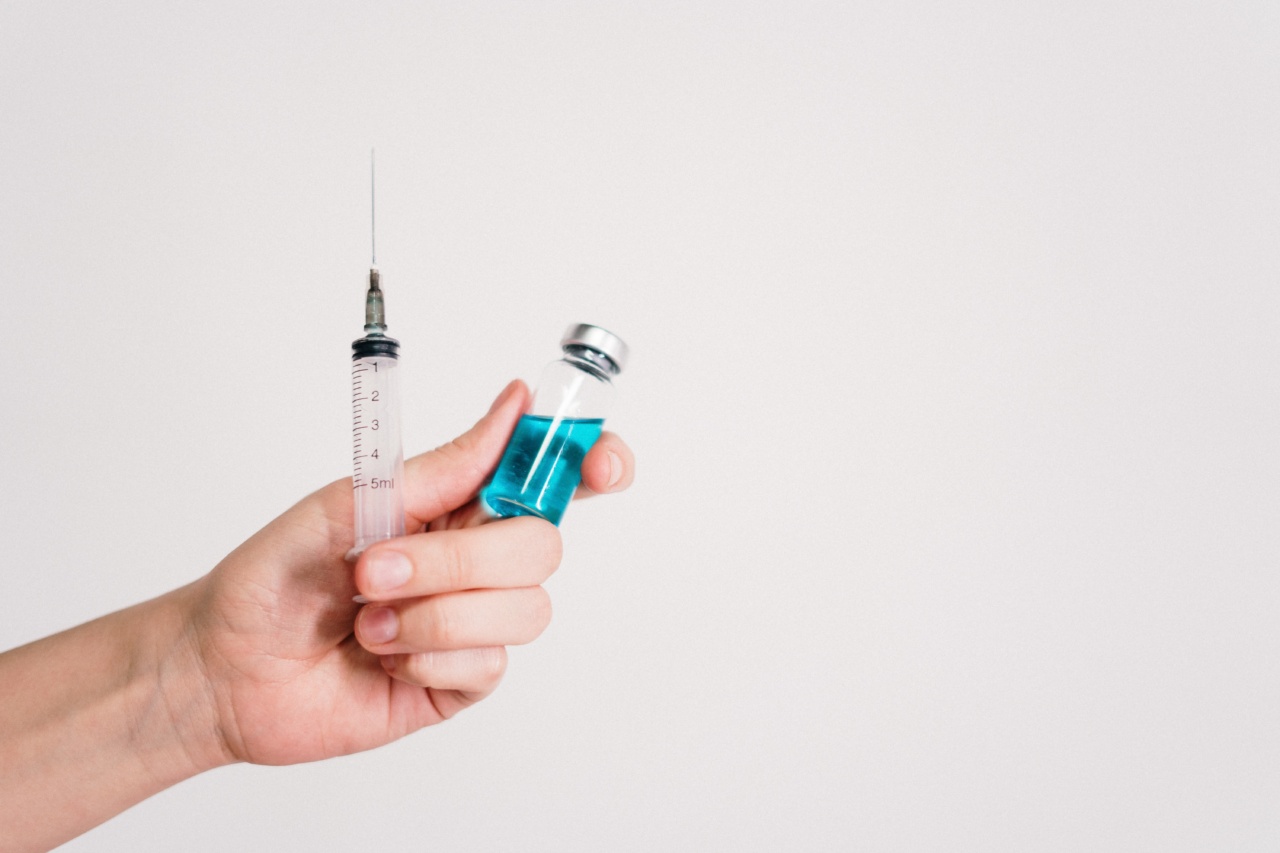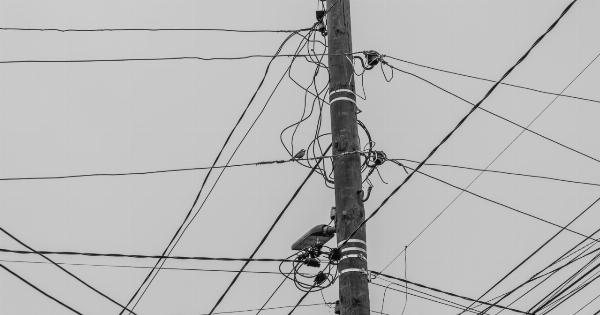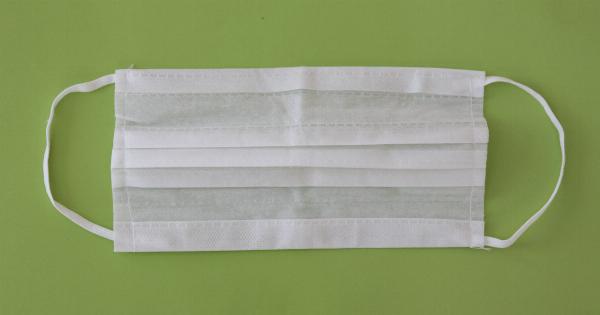Human papillomavirus or HPV is the most common sexually transmitted infection that affects both males and females. HPV is responsible for various types of cancer, including cervical, anal, and throat cancer.
In the United States alone, around 14 million people are newly infected with HPV each year. To prevent the spread of HPV and the health problems associated with it, vaccination is strongly recommended. Here we will discuss the importance of the HPV vaccine in protecting against HPV-related diseases.
What is HPV?
HPV is a virus that is spread through skin-to-skin contact during sexual activity. HPV infects the cells on the surface of the skin and can cause warts or lesions on the genitals, mouth, or throat.
There are over 100 types of HPV, and some strains can cause cancer. Most HPV infections go away on their own, but some infections can cause health problems like genital warts and cancer.
How is HPV Spread?
HPV spreads through skin-to-skin contact during sexual activity. It can also be spread through non-penetrative sexual activities like oral sex. The virus can be spread even if there are no visible symptoms.
HPV can also be spread from a mother to her baby during childbirth. Condoms can help reduce the transmission of HPV, but they cannot provide complete protection.
What are the Symptoms of HPV?
Most people with HPV do not have any symptoms, and the infection goes away on its own. However, some people may develop genital warts or lesions on the genitals, mouth, or throat.
In rare cases, certain types of HPV can cause cancer, including cervical, anal, and throat cancer. Symptoms of cancer may include abnormal vaginal bleeding, pain during sex, or persistent sore throat. Regular screening can help detect cancer in its early stages when it is easier to treat.
HPV Vaccination
HPV vaccination is the most effective protection against HPV-related diseases. The HPV vaccine is recommended for both males and females between the ages of 9 and 45. The vaccine works by preventing infection with certain types of HPV.
There are three HPV vaccines currently available: Gardasil, Gardasil 9, and Cervarix. The vaccines are administered in a series of two or three shots over several months.
Who Should Get Vaccinated?
The HPV vaccine is recommended for both males and females. The Centers for Disease Control and Prevention (CDC) recommends that all children receive the HPV vaccine at age 11 or 12. The vaccine can be given as early as age 9.
For those who have not been vaccinated, catch-up vaccination is recommended for males through age 26 and females through age 45.
Is the HPV Vaccine Safe?
The HPV vaccine is safe and effective. The vaccine has undergone extensive testing and has been approved by the Food and Drug Administration (FDA). The most common side effects of the HPV vaccine are pain and redness at the injection site.
Some people may experience headaches, fever, or fainting. These side effects are usually mild and go away on their own.
Benefits of HPV Vaccination
The HPV vaccine provides several benefits. First, the vaccine helps protect against certain types of HPV that can cause cancer. By preventing these infections, the risk of developing cancer is significantly reduced.
Second, the vaccine helps prevent genital warts and other lesions that can be caused by HPV. Third, the vaccine can help reduce the spread of HPV. When more people are vaccinated against HPV, the transmission of the virus is decreased, which can help protect those who may not be able to receive the vaccine.
Conclusion
HPV is a common infection that can cause serious health problems, including cancer. Vaccination is the most effective way to protect against HPV-related diseases. The HPV vaccine is safe and effective, and it is recommended for both males and females.
By getting vaccinated against HPV, individuals can protect themselves against cancer and other health problems caused by the virus.



























